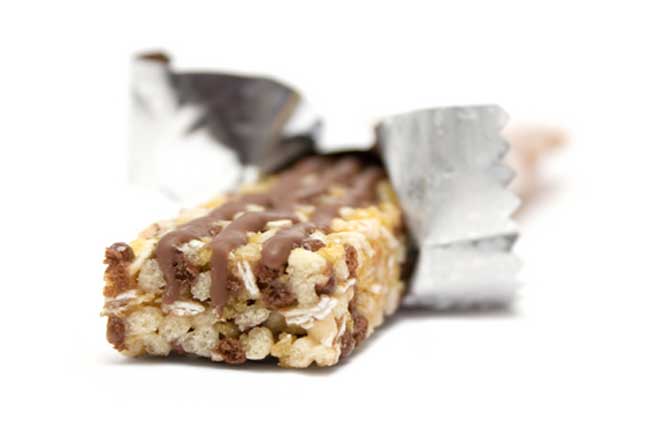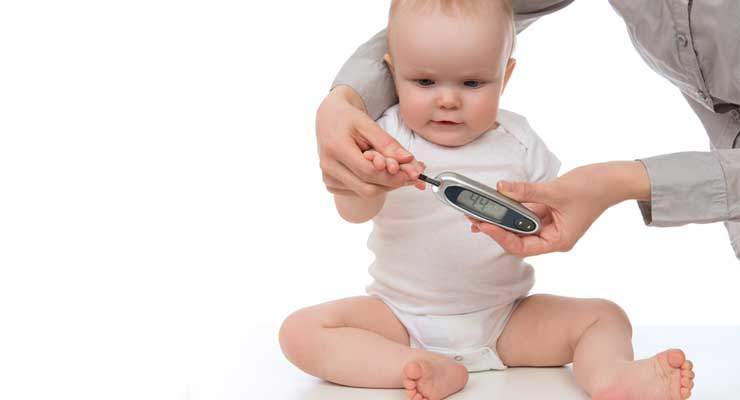Search Results for: excess glucose
Energy Bars — Should You Give Them to Your Kid?
Remember when we gave our kids granola bars as a healthy snack? Well, all of a sudden, without anyone noticing, they have been re-packaged and come with a sales pitch. They’re now called energy bars. They come beautifully wrapped and packed full of goodies; some with chocolate chips and some with caramel. I am afraid soon we will see them sandwiched between whipped cream. Sure, they give energy, but it’s just all that sugar! That’s why kids love ’em. These bars often make big promises. Some promise increased energy and others offer up extra nutrition. Once you cut through all the hype and the flashy packaging, turns out all you may be really getting is a stiff dose of sugar.
Signs and Symptoms of Diabetes in Infants
Diabetes can affect individuals of any age, including infants and children. Knowing that your baby has diabetes can be really frightening. But by learning how to perform glucose testing and give insulin, you can help your child to grow up healthy. The first thing you need to do, though, is to keep your own stress level down. Your baby can sense if you feel anxious, so it is up to you to be as brave as your little one.
Symptoms of Child Diabetes
Normally, the immune system protects the human body from viruses and bacteria.
How to Tell If a Child Is Diabetic
Diabetes refers to a disease that affects how the body processes and stores glucose. Type 1 diabetes, also called juvenile diabetes, typically strikes children, teens and young adults, according to the Juvenile Diabetes Research Foundation International (JDRF). In this type of diabetes, the autoimmune system launches an attack on your child’s pancreas, disabling insulin production — and insulin is needed to control glucose levels. Distinctive signs and symptoms are associated with type 1 diabetes in children. Please consult your child’s pediatrician if you suspect he may have diabetes.
What Foods Are Best at Speeding Up Your Metabolic Rate?
Before you head to the grocery store to fill your cart with foods that will boost your metabolic rate, you have to first understand what metabolism is and does. Laurie Hedlund, L.P.N., of the Consumer Affairs website, explains that metabolism is the series of physical and chemical processes that takes place within the body to convert food to energy. Three factors determine metabolic rate–basal metabolic rate, metabolic rate during physical activity and metabolic rate during food digestion.





